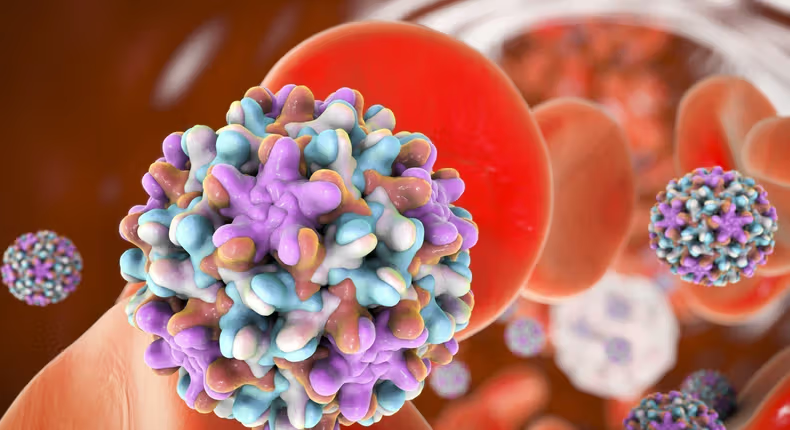Dr. Gabriel Adakole, a public health expert, has called for heightened awareness and prompt treatment of Hepatitis C in Nigeria to prevent severe health complications. Speaking on World Hepatitis Day, which took place on July 2, 2024, Adakole emphasized the need for improved public education and screening to address the high prevalence of the disease and its impact on public health.
Adakole highlighted that Hepatitis C causes chronic inflammation and damage to the liver, potentially leading to serious conditions such as Cirrhosis and liver cancer. He noted that many Nigerians are unaware of their Hepatitis C status due to inadequate screening and misinformation, making early diagnosis and management crucial.
Key points from Adakole’s statements include:
- Symptoms and Risks: Hepatitis C can cause fatigue, loss of appetite, itching, yellowing of the skin, darkened urine, and swelling in the abdomen and legs. If left untreated, it may progress to Cirrhosis, leading to liver failure.
- Exacerbating Factors: Excessive alcohol consumption and conditions like Non-alcoholic Steatohepatitis (NASH) can worsen liver damage.
- Need for Public Health Campaigns: There is a need for increased public health campaigns to educate Nigerians about the risks of untreated Hepatitis C and the benefits of timely medical intervention.
- Treatment and Prevention: While there is no cure for existing liver scarring, treatments can slow its progression and prevent further liver damage. The government is urged to invest in accessible and affordable treatment options.
Nigeria has a significant prevalence of Hepatitis B and C, with over 20 million people living with these conditions. However, more than 80% of those affected are unaware of their status. Adakole’s advocacy underscores the importance of addressing Hepatitis C to improve health outcomes and achieve the global goal of eliminating viral hepatitis by 2030.

